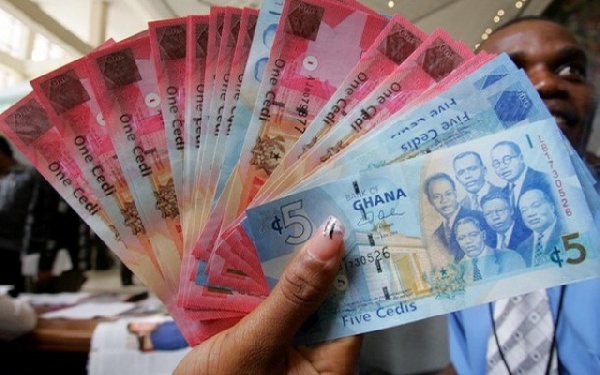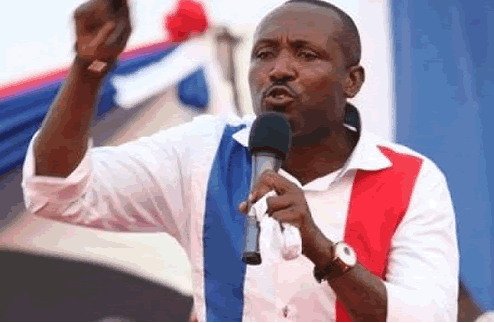
The group, using data from the Central Bank of Ghana, analysed the Cedi-Dollar exchange rate management performance of all seven regimes that have govern Ghana under the 4th Republic from 1992.
According to the report, which focused mainly on the annual average rate of the Cedi’s depreciation under each regime, the exchange rate management by the current government is the second best the country has recorded in 27 years.
“As at December 2019, Bank of Ghana data which the Centre for African Economic Watch analysed, indicated that the current Government of Ghana, under the leadership of Nana Addo Dankwa Akuffo-Addo, has recorded the second best record of the annual average rate of Ghanaian Cedi depreciation against the United States Dollar since 1992 under the 4th Republic,” the report stated.
“From the data analyzed, the best record of the annual average rate of Cedi depreciation was 6.77%, which was recorded between 2005-2008 under the government of John Agyekum Kufuor. And the current rate of 8.73% from 2017-2019, recorded under the current government led by Nana Akufo-Addo, represents the second best record in 27 years,” the Centre for African Economic Watch Added.
“From the analysis, the worst period of annual average depreciation was between 1993-1996, which registered annual average depreciation rate of 27.95%, and the figure slightly improved to 25.19% between 1997-2000; all under the NDC government of Jerry John Rawlings.”
According to the economic group’s findings, the Central Bank of Ghana data rated the government of the late John Evans Atta Mills as the best performing NDC government in terms of managing the exchange rate with an annual average depreciation rate of 10.09 between 2009-2012.
For the last NDC government under the leadership of John Dramani Mahama, the report was not complimentary of the government’s exchange rate management record.
“However the Cedi depreciated at a faster rate under the last NDC government, headed by John Dramani Mahama, with an annual average depreciation rate of 18%, which remains the third highest Cedi depreciation rate in the 4th Republic,”
In its commentary of the report, CAEW commended the government of Nana Akufo-Addo for being able to manage the annual depreciation rate of the Cedi from the 18% it inherited to 8.73% in three years.
“To reduce the annual rate of depreciation from the previous depreciation rate of 18% recorded between the period (2013-2016) under the previous government, is a remarkable feat by the government of Nana Akufo-Addo, even-though the government could’ve-done better,” the report stated.
“But for other external factors beyond the control of the Government, as well as internal pressures such as bailouts in the financial sector within the period, the Government could have performed much better in managing the rate of depreciation of the Cedi than the second best record. “
The report assessed the current Cedi-Dollar exchange rate, stating that without the second best exchange rate record of the current government, the Cedi would’ve slumped further down at an alarming rate.
“On face value, traders may not be happy with the current Cedi-Dollar exchange rate, but the current rate is Ghana’s second best depreciation rate under any government in the 4th Republic. Clearly, but for this second best record, the Ghanaian Cedi would’ve lost so much value to the US Dollar.”
Caution against fiscal indiscipline in 2020
While commending the government of Nana Akufo-Addo for its exchange rate management record in handling the annual rate of depreciation of the Cedi, the group urged the government to institute mechanisms to curb fiscal indiscipline, especially in an election year 2020 to reduce further pressure on the Cedi.
“One of the banes of many African economies has been the inability of governments to maintain fiscal discipline, especially in an election year. The economic gains the Government of Ghana has achieved in the past 3 years will be weakened if the Government does not take steps to curb the lure of fiscal indiscipline in 2020.”
“We want to urge the Government of Ghana to honour its promise during the presentation of the 2020 Budget to ensure fiscal discipline this year.” Read Full Story












Facebook
Twitter
Pinterest
Instagram
Google+
YouTube
LinkedIn
RSS